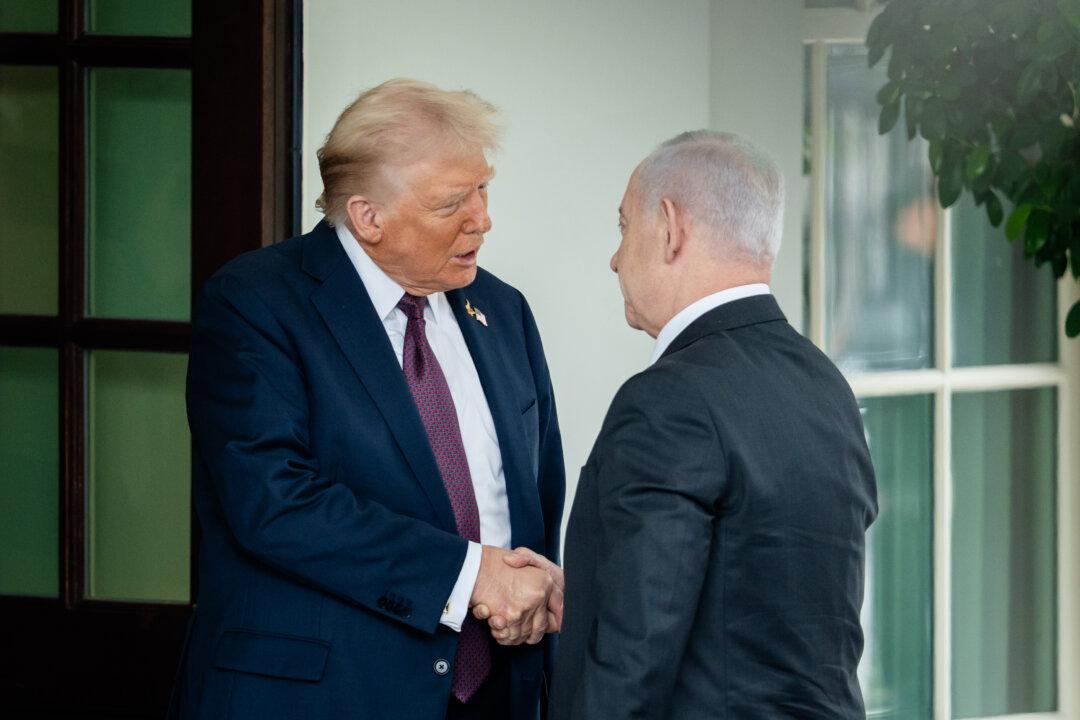WASHINGTON—The Trump administration is set to flex its muscles by convincing trading partners to pressure China. The revamped deal with Canada and Mexico is a clear sign that Washington is willing to isolate Beijing in a new global trade order by edging China out of trade deals with allies.
The new United States–Mexico–Canada Agreement (USMCA) contains a clause that aims to contain Beijing. The provision, which has attracted a lot of attention and praise, essentially blocks any trade flirtation with China.




